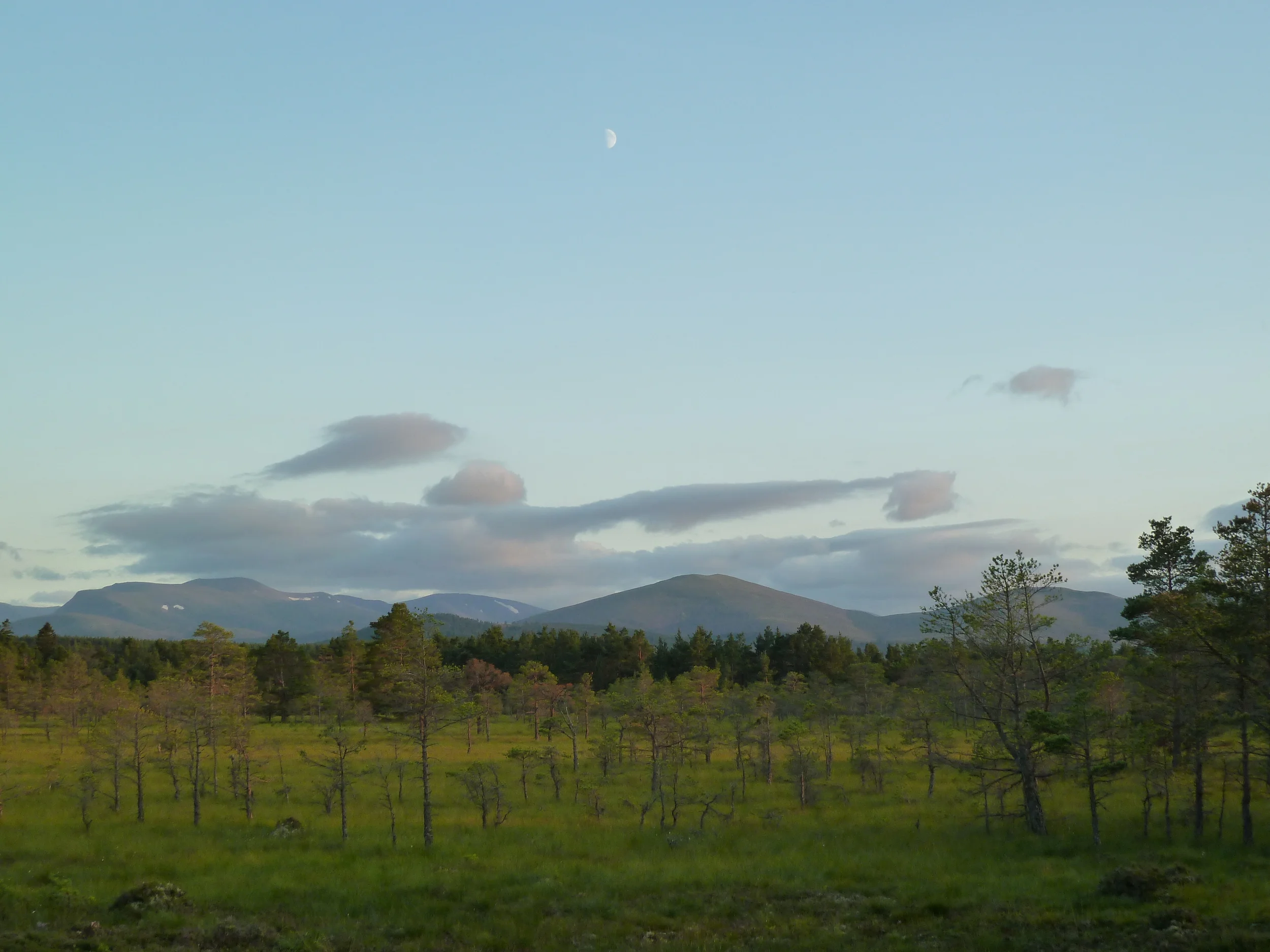My review of The Nearest Thing to Life by James Wood.
In a diary entry from 1922, André Gide records a conversation with his friend and fellow writer André Ruyters, who had to go to China on business and wasn’t happy about it. “Ruyters does not like the Chinese,“ wrote Gide, “because they do not have religion and consequently ‘cannot break away from it’.” Ruyters manages to overlook Confucianism, Daoism, and Ch’an Buddhism, but nevertheless makes an interesting point. Perhaps there is something valuable, maybe even beautiful, about having religion, and then losing it. Perhaps an atheism that is cast in the crucible of religious angst and doubt is finer than one that emerges in the cool, calm absence of any other creed. Perhaps such a loss of faith is a cultural phenomenon that, though it cannot be preserved or repeated, should nevertheless be celebrated.
Stephen Daedalus, in Joyce’s Portrait of the Artist as a Young Man, experiences a liberation that Ruyters might have admired. Walking barefoot on Dollymount Strand shortly after his decisive but long-deferred break with the harsh Catholicism of his Jesuit schooldays, Stephen experiences a moment of “profane joy”. Joy is, of course, a feeling with religious interests. In the New Testament, joy (chara), rejoice (chairō), and their close synonyms appear no less than 173 times. For Stephen even to have joy outside of the edicts of the church is profane enough: the fact that it arises when he gazes at a girl of “mortal beauty” staring out to sea makes it all the more so. Throughout this passage, Joyce appropriates religious words – angel, holy, ecstasy, soul – and even compares Stephen’s awakening to the resurrection of Christ. Not only, then, has Stephen escaped all the fire and brimstone foisted upon him by his religious teachers, he has also made off with Christianity’s best bits: its rapturous transports and promises of transcendence. He is said to be “unheeded, happy and near to the wild heart of life.” Joyce unearths the archaism “unheeded” and lets Stephen out of the cosmic panopticon, no longer heeded by God, nor even heedful of his actions and thoughts.
Of course, it’s unclear whether Ruyters was mourning the impossibility of an individual losing their faith – the sad fact that there could be no Chinese Stephen, walking on a similar beach – or the impossibility of a collective break with religion. In Christendom – as it used to be called – the latter has often been summed up with the curious nineteenth-century expression “God is dead”: curious because it seems to grieve for the very thing it purports to deny. In Thomas Hardy’s poem ‘God’s Funeral,’ the mourners lament how
Uncompromising rude reality
Mangled the Monarch of our fashioning,
Who quavered, sank, and now has ceased to be.
As Hardy’s speaker watches the “slow-stepping train” bearing God to his burial spot, he reflects: “how to bear such loss I deemed / The insistent question for each animate mind.” He mourns with the rest of the crowd even as he refuses to prop the faith of those who proclaim the requiem is unnecessary. George Eliot, at the start of Middlemarch, implies that the Victorian erosion of faith set an unprecedented challenge for those who would wish to live a life with wide horizons. One of her protagonists, Dorothea Brooke, aspires to the heroic saintliness of St Teresa of Avila, but is foiled by the times in which she lives. She is less Kierkegaard’s knight of faith, and more a kind of ascetic Don Quixote. The best she can hope for, Eliot says, is “perhaps only a life of mistakes, the offspring of a certain spiritual grandeur ill-matched with the meanness of opportunity.” What Ruyters saw as breaking free, can also be experienced as breaking off, even breaking down. “Do we not,” asked Nietzsche’s madman, “feel the breathe of empty space?”
Read the rest at the Glasgow Review of Books.








